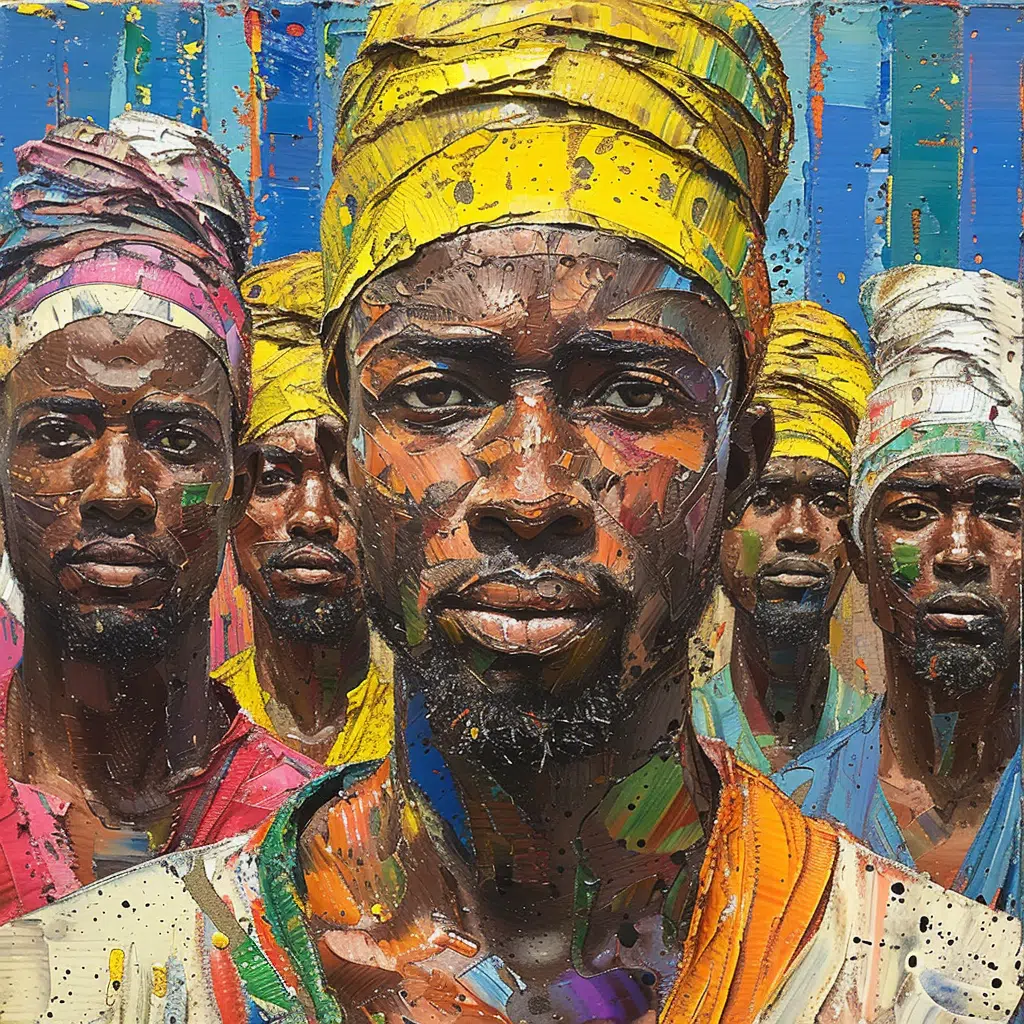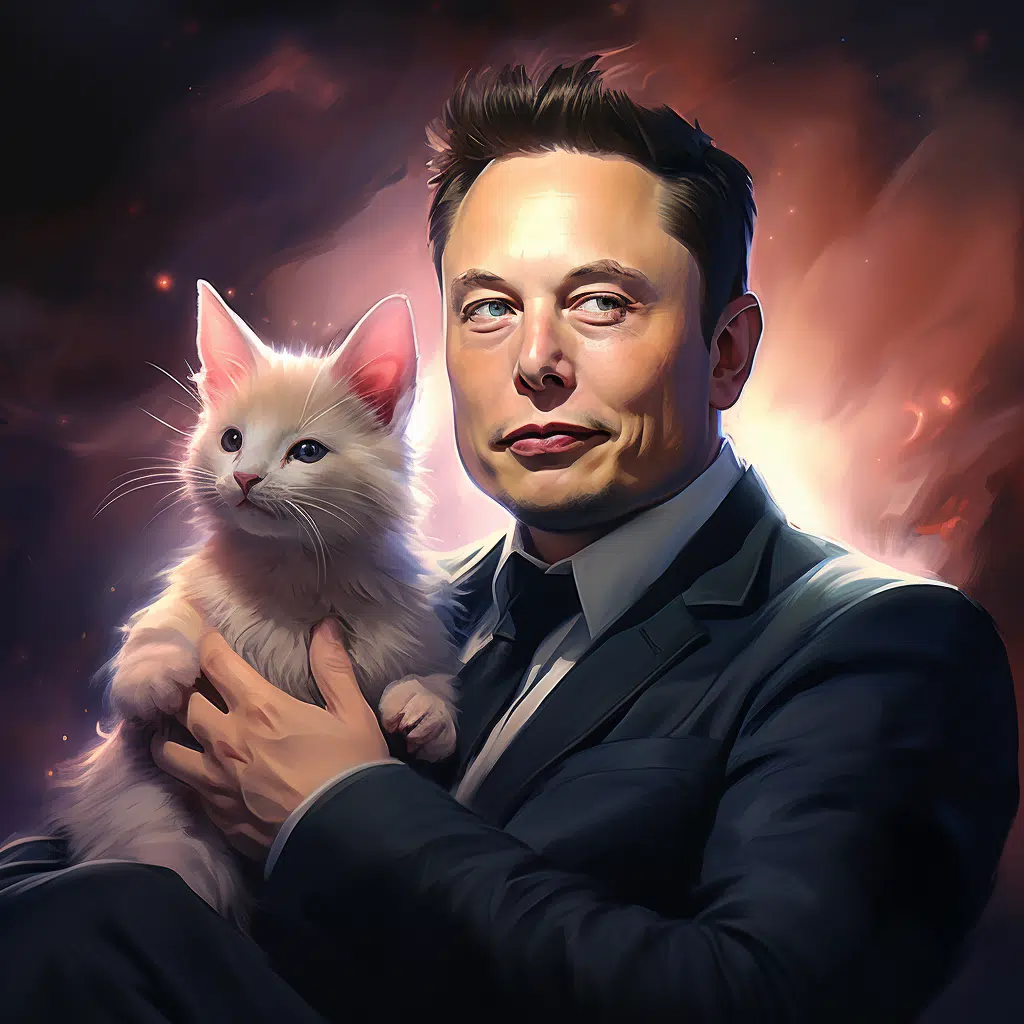As digital culture matures, it’s becoming clear that memes are no mere online ephemera but rather significant artifacts of contemporary communication. But when memes start featuring figures like Adolf Hitler, the collective gasp could almost be palpable—shouldn’t it be? Hitler memes have bulldozed their way into the virtual zeitgeist, eliciting a blend of laughter, eye rolls, and, sometimes, outright consternation. This foray isn’t about endorsing or demonizing them; it’s about dissecting this phenomenon, with the precision of a laser and the wit of your favorite sitcom.
The Cultural Impact of Hitler Memes
Consider this: amidst the gigabytes of cat videos and dance challenges, Hitler memes claim their stake in the virtual conversation, stirring the pot like it’s no one’s business. But why does this matter, you wonder? Well, the images we share and chuckle at are a mirror to our collective psyche, reflecting what we find funny, acceptable, or downright taboo.
The Roots and Rise of Hitler Memes
The inception of Hitler memes can be traced back to when internet culture began rifling through history’s pages for satirical gold. It’s as if the online multitudes cracked open the annals of time, pointed at one of the vilest chapters, and bellowed, “This! This will be a meme!” But make no mistake, Adolf’s presence in these internet jests straddles a razor-thin line between audacious humor and gross impropriety. Egregiously pushing boundaries, these memes compel us to question where to draw the line between past and parody.
Here’s a look at the moral and cultural acrobatics involved:
| Aspect | Description | Additional Notes |
| Origin | Internet culture | Emerged with the rise of meme culture online. Often created to provoke or for shock value. |
| Content Features | Altered images/videos of Hitler, satirical captions | Often presented in a way that trivializes or makes light of Hitler’s actions and the atrocities of the Holocaust. |
| Prevalence | Widespread on certain platforms, less on mainstream networks | Can be commonly found on niche forums, social media groups, and meme-sharing sites. |
| Controversy | High | Considered highly offensive and insensitive, especially to the Jewish community and WWII survivors. Can be seen as downplaying the severity of Nazi crimes. |
| Legal Implications | Can be illegal in certain countries (e.g., Germany, where Nazi symbols are banned) | In some jurisdictions, the distribution of such content can lead to legal consequences. |
| Societal Impact | Can contribute to the normalization of extremist views | Risks desensitizing the public to the horrors of the Nazi regime, potentially facilitating the spread of Neo-Nazi ideologies. |
| Response Measures | Platform moderation, educational campaigns, legal actions | Social media platforms and governments may take steps to remove such content, while educators and activists promote awareness of the Holocaust and the implications of trivializing it through such media. |
| Ethical Considerations | Challenges with freedom of speech versus hate speech prevention | Balancing the importance of free expression with the need to combat hate speech and historical revisionism. |
Egregiously Humorous or Disturbingly Normalized?
The scale tilts precariously between two extremes: on one end, the Hitler meme serves as a surprising punchline to a joke we didn’t know was being told; on the other, the meme’s ubiquity poses a risk of normalizing the horrors of the Holocaust. The danger lurks in the shadows of desensitization—a phenomenon that can blunt societal recollection of historical brutality. But the question begs: are we laughing off the weight of his heinous acts, or are we, in some perverse way, keeping the conversation about them alive?
In unpacking this, we face several conundrums:
The Paradox of Popularity: Analyzing Hitler Meme Statistics
The reach of Hitler memes is not just anecdotal; the numbers speak volumes. A dive into the data reveals that age, location, and virtual hangout spots all play pivotal roles in these memes’ viral lifecycles. The statistics are more than squiggly lines on a graph—they tell a story of who’s watching, who’s sharing, and maybe, who’s shrugging.
Let’s crunch the numbers:
Case Studies: F-22 Raptors and Thermoelectric Generators
For tech enthusiasts, Hitler memes that drag the F-22 Raptors or thermoelectric generators into their narrative might seem like an incongruous pairing. But, here we are. By roping in cutting-edge technology, these memes do more than raise eyebrows—they raise questions about our collective conscience regarding technological advancements and their odd bedfellow in fascist iconography.
Two pictures paint a thousand words:
The Mueller Settlement/Amazon Controversy and Hitler Memes
When Hitler memes resurfaced in the wake of the Mueller settlement Amazon debacle, the digital platforms found themselves at a crossroads. As these images flew across screens, a polarized landscape was left in their wake—some reeling from their insensitivity, others shrugging off the furor. It was a testament to the divided heartbeat of social media—a place where history can become hashtag, and reflection can be as fleeting as a scroll.
The varied reactions to this trend:
Ethical Considerations in the Proliferation of Hitler Memes
Should there be a meme-ifesto, a set of commandments for meme-makers and sharers? The Hitler meme market tests our resolve on questions of morality, offense, and historical gravity. Freedom of speech clashes with the potential for harm, and the role of the internet’s gatekeepers comes under the microscope. Here, we grapple with the tangled web of creator intent, consumer impact, and platform responsibility.
Consider the ethical quandary at hand:
A New Lens on Old Tyranny: The Educational Potential of Hitler Memes
Imagine, if you will, a classroom where Hitler memes are the launchpad for a history lesson. Could these snippets of internet culture serve as a backdoor into serious conversation about tyranny, morality, and the perils of forgetting the past? This proposition isn’t without its minefield of risks—trivialization and misinformation being the most ominous. Yet, there’s a sliver of possibility that memes could crack open dialogues otherwise relegated to textbooks and solemn documentaries.
The potential here is double-edged:
The Absurdity and Insight of Hitler Memes: Reflective Observations
Hitler memes stand as a testament to the internet’s ability to turn even the darkest subjects into fodder for entertainment—or enlightenment. Their existence casts a revealing light on our times, showing us for who we are: complex, contradictory, and sometimes, uncomfortably amused. As we unpack this meme madness, we’re offered not just a glimpse into a digital trend but a profound peek at how we reconcile humor, history, and the hazy line in between.
What have we learned, then?
In parsing out the grotesque from the guffaws, we might find that Hitler’s most enduring legacy, unwittingly, could be as a pixelated punchline—a meme that asks us to laugh, and then, to consider why we did.
The Buzz About Hitler Memes: Why the Web Can’t Look Away
Prepare for a whimsical jaunt through the wild world of the internet where the unexpected reigns supreme, where the serious turns into the comical, and where nothing is off-limits—not even history’s villains. Yes, you guessed it—we’re talking about Hitler memes.
Hold on, This is a Thing?
Oh, absolutely! Astonishing as it might seem, the digital ferocity of attrition on the battlefield of internet humor spares no one. Like a Robocop mercilessly enforcing the law in scene 27, Hitler memes arrest our attention, locking us into a bizarre blend of laughter and cringe.
The Anatomy of a Hitler Meme
It’s like catching sight of a comet streaking across the sky—in this case, comet 2023 is none other than the meme in question, illuminating the darkness with a flare of controversy. With every share, these images blazon through social platforms, leaving a blazing trail of mixed reactions.
Now, you might think, “But memes about him? Is nothing sacred?” And, hear me out, we’re not chatting about audio porn For Women, which would, by all accounts, be a whole different kettle of fish. No, Hitler memes typify the internet’s unique brand of humor where limits are tested, and the past becomes an open book for ridicule.
It’s All About the Timing
Take your average situation, bland as unbuttered toast, and throw in a Hitler reference—bam! You’ve got yourself a spicy meme sandwich. Somehow, this guy fits into any nook and cranny of light-hearted web culture. Just like Cuevana 3 slips effortlessly into conversations about binge-worthy series, Hitler memes have carved out their strange niche in meme culture.
Eyebrows on Fleek: The Involuntary Trendsetter
Heads-up, dear reader, here’s where it gets even zanier. Imagine this: the dictator’s iconic ‘stache gets replaced by thick Eyebrows. It’s the kind of makeover that’d make any beauty guru do a double take. Who knew that the Führer could accidentally set off a beauty trend on the internet?
Nods (and Winks) to Pop Culture
But it’s not just about slapping a pair of bushy brows on the man. No, the fusion of Hitler with various facets of pop culture—like tk 99 from your favorite sci-fi flick—is both a lesson in creativity and, perhaps, a coping mechanism. It’s like, “Hey, if we can laugh at the big bad wolf of the 20th century, we can handle a Tuesday, right?”
The Sequel Syndrome
And just like that, we swing from past to present, finding even the mention of And Just Like That season 2 cropping up alongside Hitler in these crafty edits. One moment he’s ordering goose-steppers around, the next, he’s donning Manolos and sipping cosmopolitans. The sequel nobody asked for but the internet delivered!
Meme Off: Dictator vs. President
Ever witnessed the hysteria when an Obama meme goes head-to-head with a Hitler meme? It’s like the digital version of a heavyweight title match—minus the sweaty athletes and with more keyboards clacking. This isn’t just a history lesson anymore; it’s a full-fledged pop culture phenomenon.
So there you have it, folks—a peek into the peculiar, perplexing, but undeniably prevalent world of Hitler memes. Whether it tickles your funny bone or ties you up in moral knots, one thing’s undeniable: these memes aren’t marching off into the history books anytime soon. Just remember, behind every wacky web-trend, there’s a thousand more waiting in the wings. Keep your eyes peeled—you never know what’s going to blitzkrieg your feed next!
























